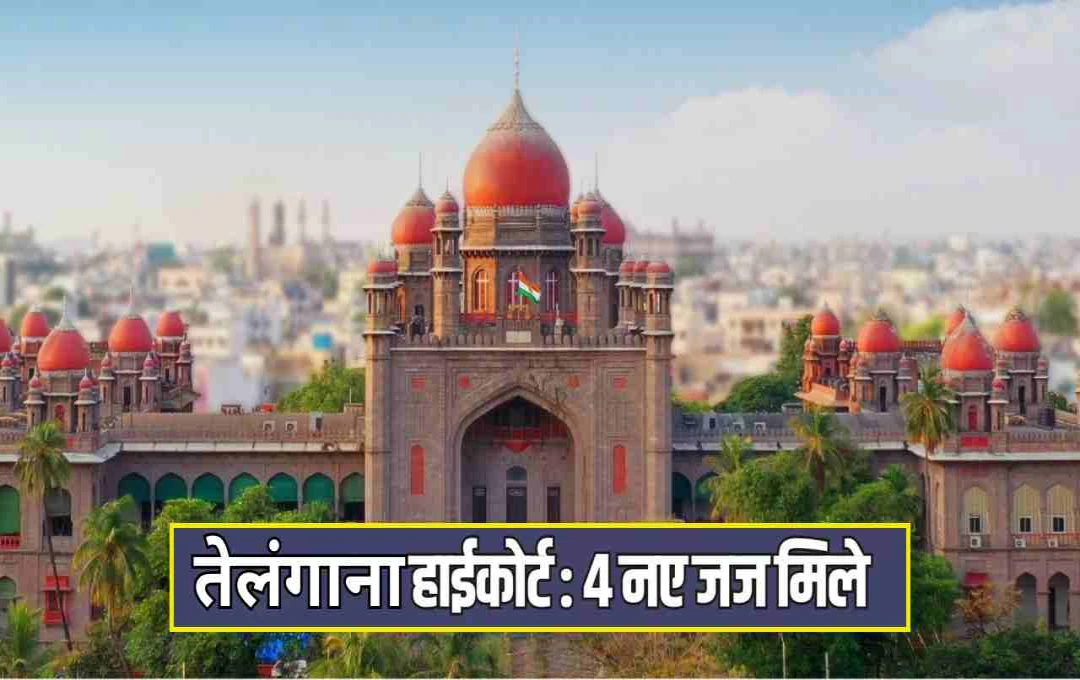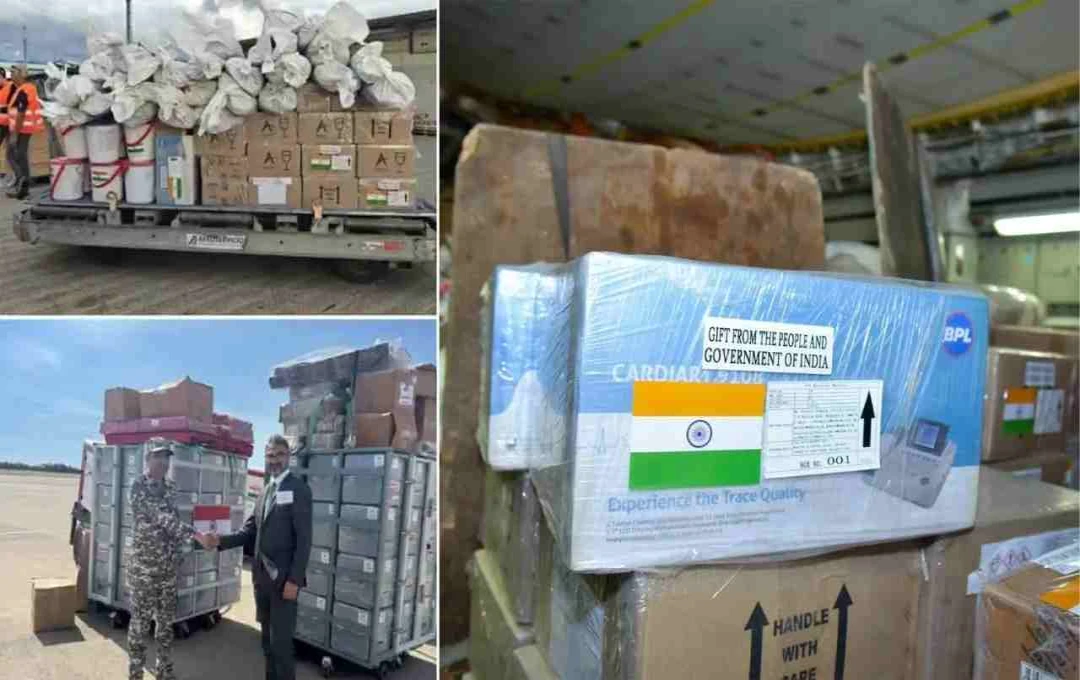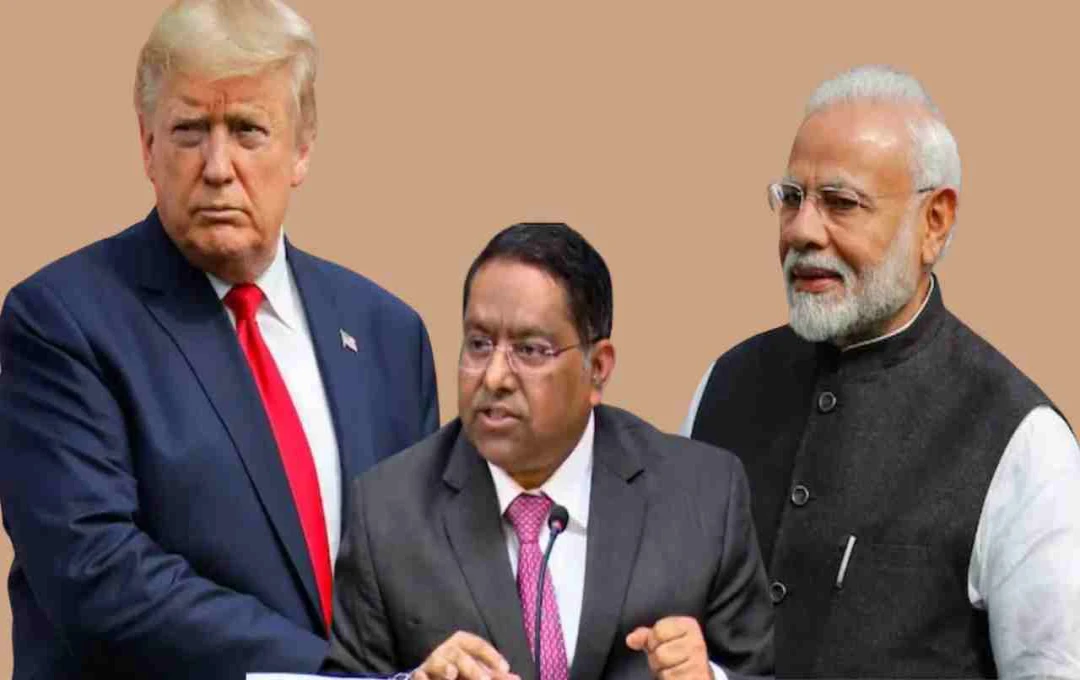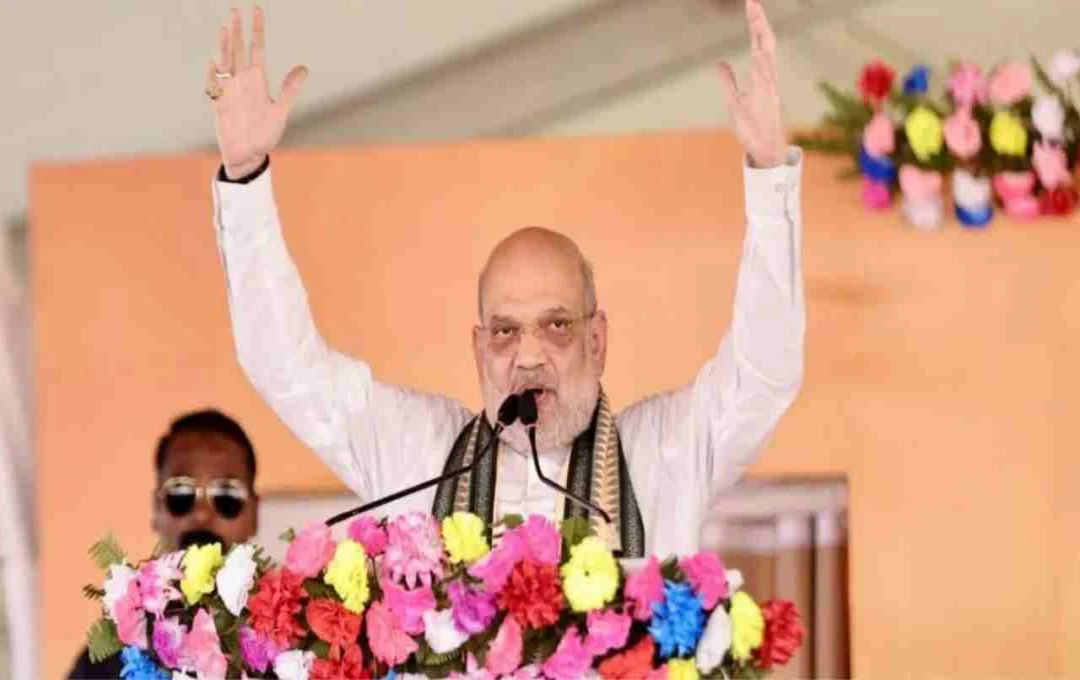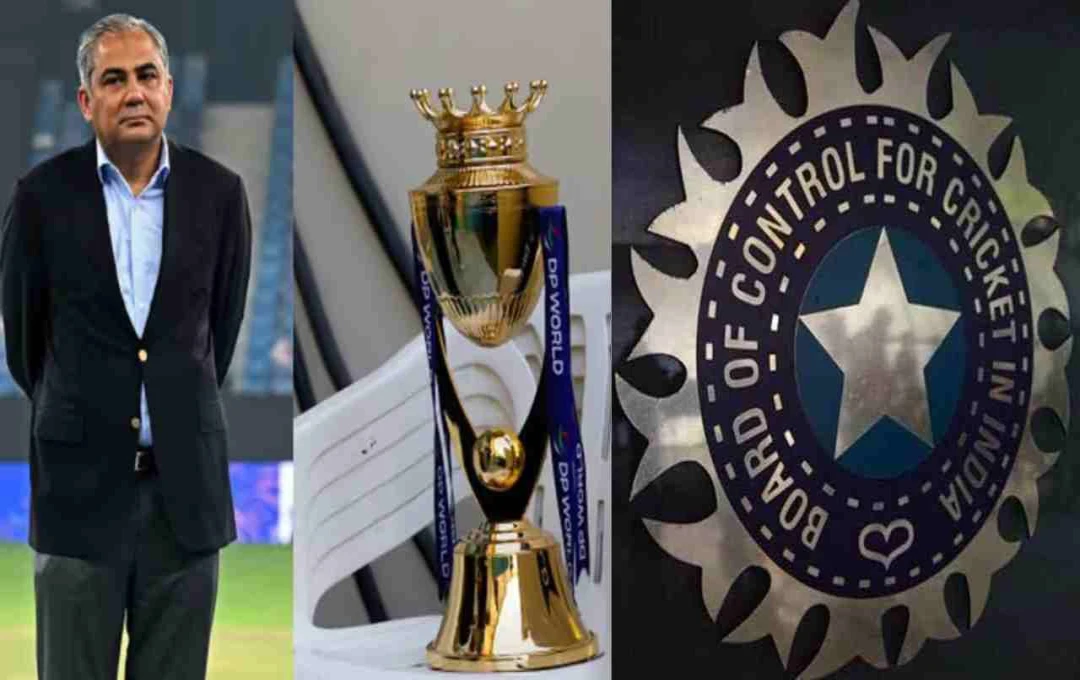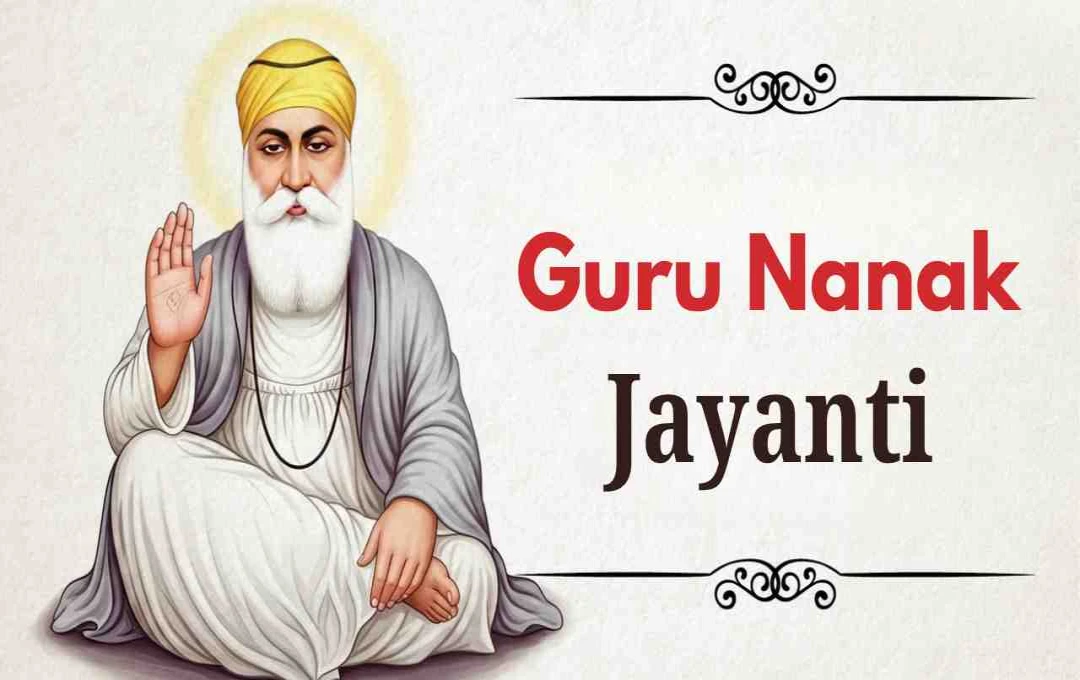Four new Additional Judges were sworn in at the Telangana High Court on Thursday. These new judges include Gous Meera Mohiuddin, Chalapati Rao Sudasa, Vakiti Ramakrishna Reddy, and Gadi Praveen Kumar. The Chief Justice of the High Court, Ujjal Bhuyan, administered the oath of office to all four at a ceremony held.
Hyderabad: Four new Additional Judges took the oath of office at the Telangana High Court on Thursday. These four lawyers were recently appointed as Additional Judges by the President of India. Gous Meera Mohiuddin, Chalapati Rao Sudasa, Vakiti Ramakrishna Reddy, and Gadi Praveen Kumar have taken a new step towards delivering justice by assuming responsibility for the high office of the judiciary.
Oath Ceremony Held
The Chief Justice of the High Court, Ujjal Bhuyan, administered the oath of office and secrecy to the four newly appointed Additional Judges in a formal ceremony. This appointment was approved by the President of India on July 28, 2025. All these judges have been appointed for an initial period of two years. After the stipulated time, they may be made permanent judges based on their performance.
Who are these four new judges?
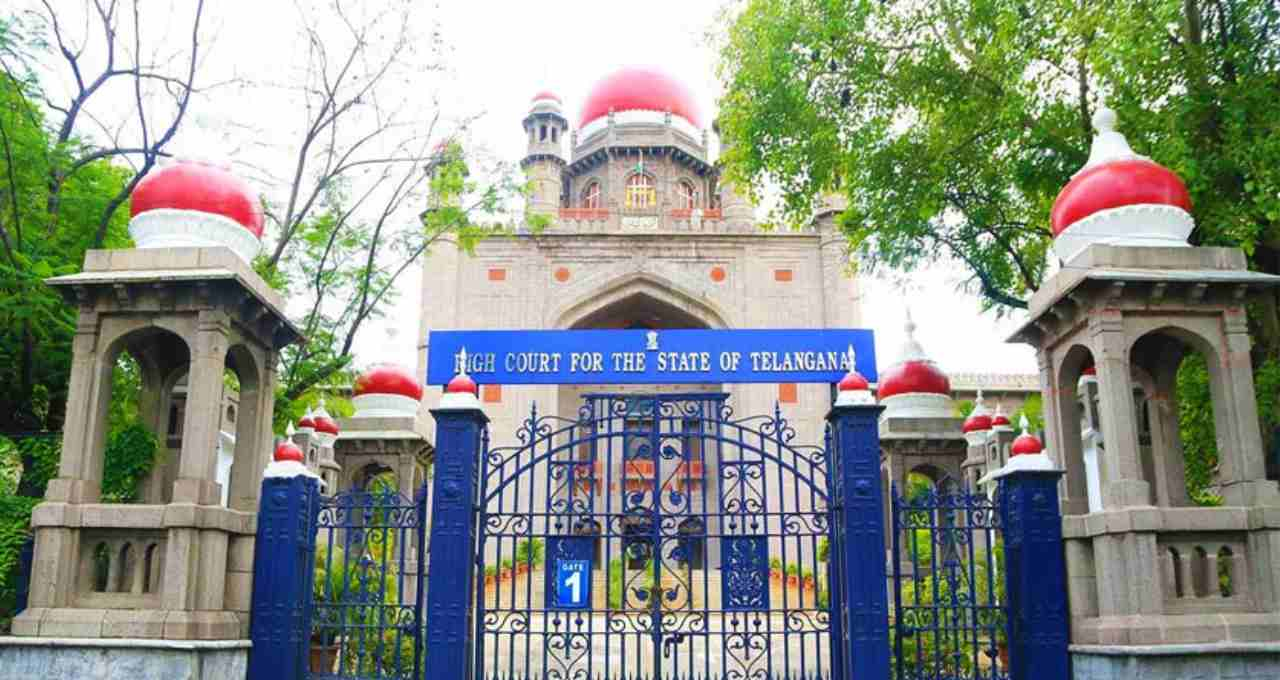
- Gous Meera Mohiuddin – A distinguished lawyer from Telangana, who has been working on criminal law, service matters, and constitutional provisions for years.
- Chalapati Rao Sudasa – Considered an expert in civil and criminal cases in the High Court. He has extensive experience in the judicial field.
- Vakiti Ramakrishna Reddy – A lawyer with a deep understanding of various branches of law, who has made special contributions to public interest litigations and administrative laws.
- Gadi Praveen Kumar – A renowned lawyer of constitution, service, tax, and land acquisition cases, who has been active in the Telangana High Court for years.
What qualifications are required to become a High Court Judge in India?
According to Article 217 of the Indian Constitution, a person must have certain prescribed qualifications to be appointed as a Judge of the High Court:
- Indian Citizenship: The candidate must be a citizen of India.
- Experience: He/She must have at least 10 years of experience as an advocate in one or more High Courts.
- Age: The maximum age for a High Court Judge is 62 years. However, there is no minimum age requirement.
- Character and Reputation: The candidate must have an impeccable character, be honest, and professionally outstanding. Their judicial understanding and impartiality are closely examined.
How is the process of appointment of judges done?
The appointment of High Court judges in India takes place under the Collegium system. It involves several stages:
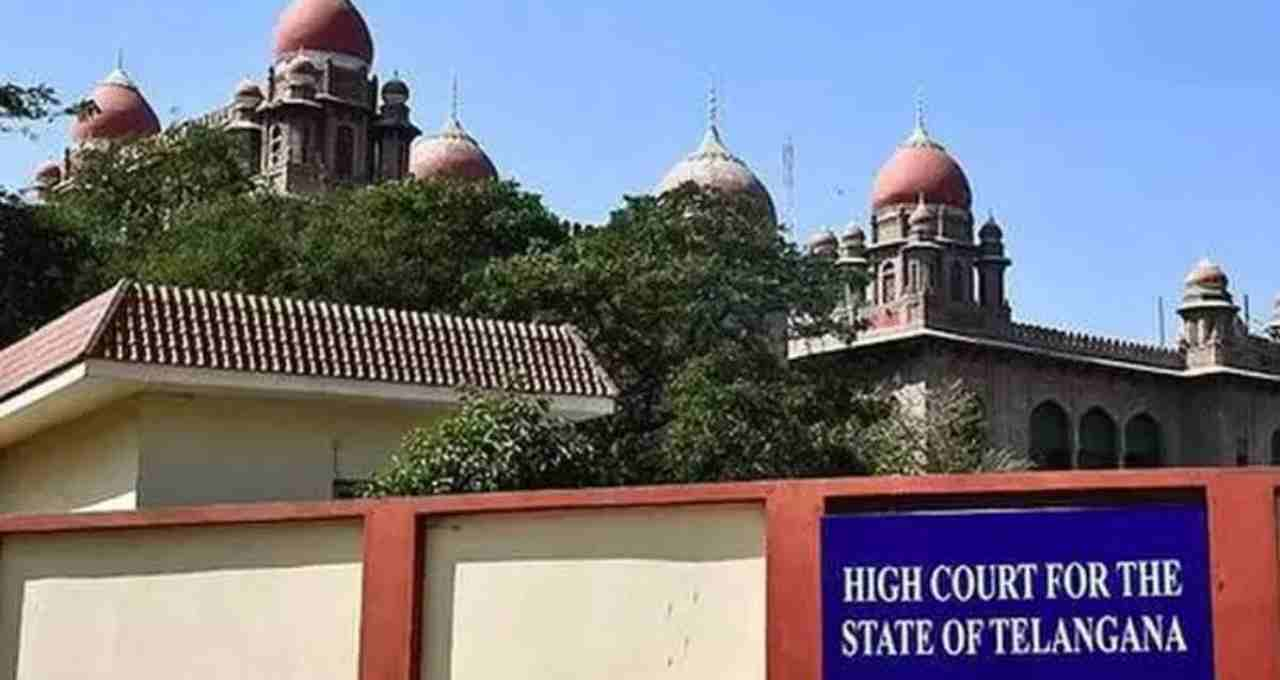
- Recommendation of the State Collegium: A committee of the Chief Justice of the High Court and senior judges determines the names of eligible candidates.
- Approval of the Supreme Court Collegium: The recommendations of the State Collegium are sent to the Supreme Court Collegium, which includes the Chief Justice of India and the top judges.
- Role of the Central Government: The names recommended by the Supreme Court Collegium are sent to the Central Government, which sends them to the President for approval after final verification.
- President's Approval: After receiving the President's approval for the appointment, the concerned person is appointed as a judge.
- Additional Judges are usually appointed for two years to assess their work performance. During this period, special attention is paid to their judgments, work style, and impartiality.
A New Dimension to the Judiciary of India
The appointment of four new Additional Judges will give impetus to the speed of the judicial process and the speedy hearing of cases in the Telangana High Court. This will not only expedite the disposal of pending cases, but also make access to justice easier for the common man. The appointment of new judges is a positive step towards strengthening the justice system.
This makes it clear that the judiciary of India is further strengthening the foundation of justice by including qualified, experienced and honest professionals in the judicial system.
